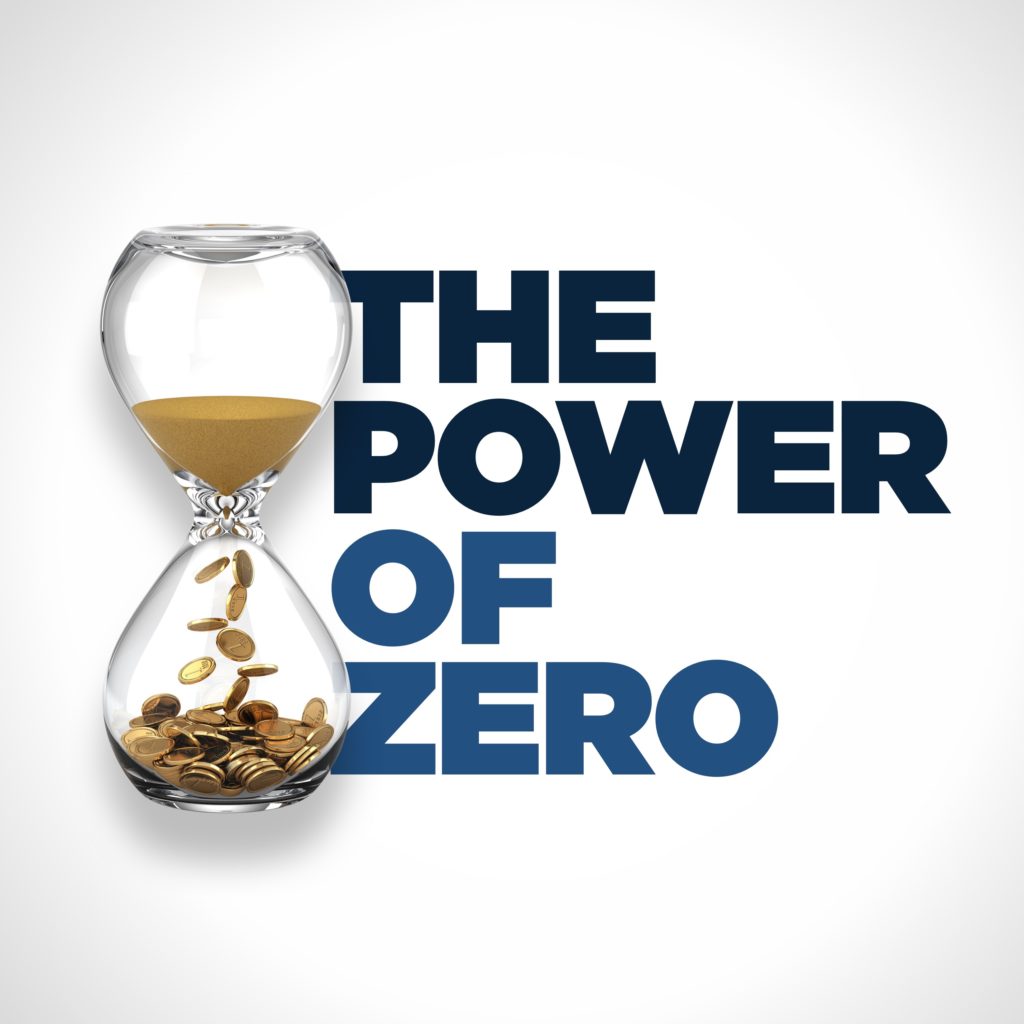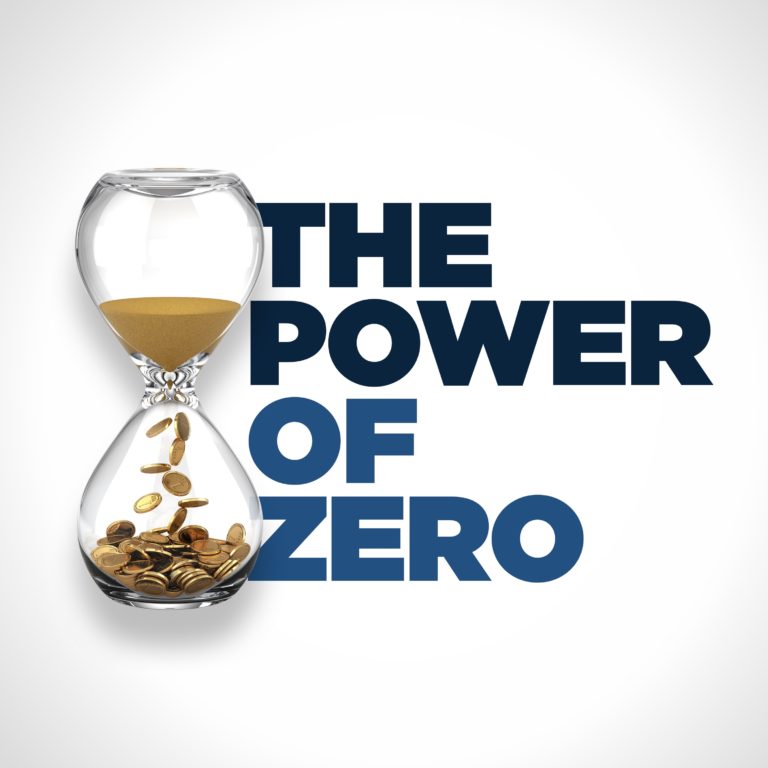There is a well-known economist named William Bernstein who originally asked the question “When you’ve won the game, why keep playing?” But should people who are retired avoid the stock market completely?
An article on the Motley Fool follows the same line of thought. You do need a plan for withdrawing your money in retirement that is different from your plan for building your nest egg and it needs to be in place before you need to withdraw from your assets.
A good rule of thumb is to not have money that you expect you will have to spend in the next five years invested in stocks.
If you want to mitigate longevity risk and tax-rate risk, the only way is to have an annuity that gives you a tax-free stream of income for life. If it’s inflation adjusted, that’s even better. The issue is that most annuities are implemented in the tax-deferred bucket.
You must find an annuity that allows you to do a Piecemeal Internal Roth Conversion and convert that annuity over time to a Roth IRA. Accomplishing this during the first five years of retirement is where most people run into problems.
Chuck Saletta doesn’t completely discount the idea of investing in the stock market during retirement, but believes that for the money you need several years from now, the stock market is one of the few ways to generate the returns you need to accomplish those goals.
Ultimately, as you transition to relying on your portfolio to cover your costs of living, you will want to strike that balance between short and long term money. Just because you’ve won the game, that doesn’t mean that you can’t do even better over time.
In the Power of Zero paradigm, after you have set up the systems to afford your lifestyle expenses in retirement you will still have other discretionary expenses that will arise. These can include healthcare expenses, family requirements, or aspirational expenses and go above and beyond your lifestyle requirements.
Any money that is not earmarked to paying for lifestyle expenses, taxes on Roth Conversions, and LIRP contributions during the first five to six years of retirement should be allocated to an aggressive stock market portfolio. This gives you the ability to wait a year and allow the stock market to recover if necessary before drawing money from your portfolio.
The bottom line is that you need to keep money invested in the stock market for all the expenses that will be earmarked after the Roth Conversion. You need to grow that money as efficiently as possible over the expected 30 years of your retirement if you want to have any hope of being able to pay for your discretionary expenses.
Just because the numbers say you’ve won the game, that doesn’t mean it’s time to take all your money out of the stock market. Instead, you should be guaranteeing your lifestyle expenses and anything else above that you can invest and take more risk on.
Clients of the Power of Zero paradigm will also be funding their LIRP during the first five to seven years of retirement, which grows safely and productively and can be used to cover discretionary needs after the eleventh year.
You should not be taking risk in investments that are going to be used to fund expenses early on in retirement. Work with your advisor to create a timeline that incorporates the right level of risk with investments that mature at the right times during your retirement.
Once the Roth Conversion period is up, whatever money is not earmarked for the first five or six years of your retirement should be allocated to your high octane stock market portfolio so you can pay for any additional expenses you will need to cover.
Stocks are not toxic once you retire, it is absolutely necessary that you continue to invest in stocks in such a way that your account lasts long enough to cover your discretionary needs during the balance of your retirement.



